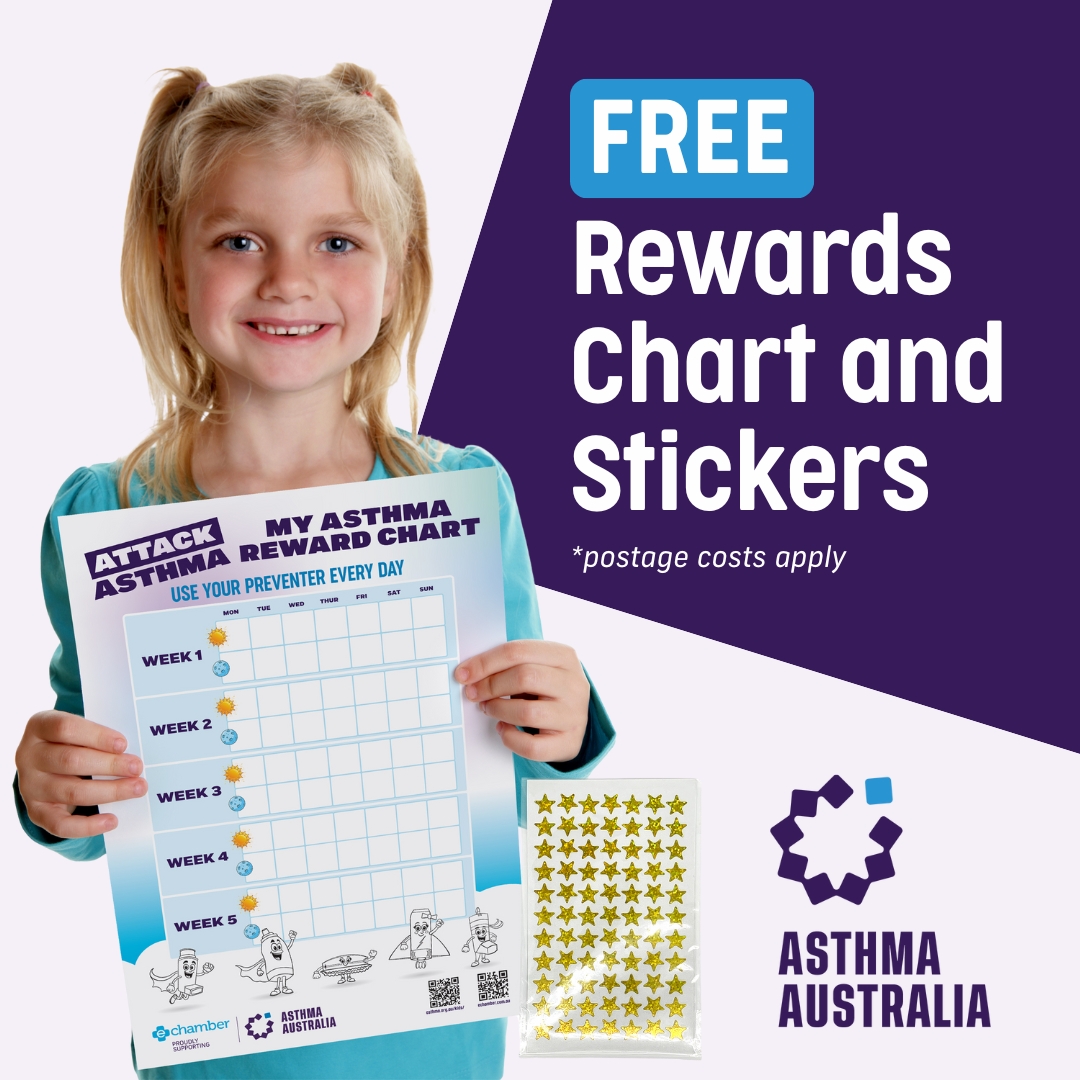The formal declaration of an El Niño weather pattern by the Bureau of Meteorology this week is bad news for people with asthma, who are vulnerable to air pollution from bushfires and hazard-reduction burns linked to hotter than average weather. Asthma Australia is calling for governments to fund its AirSmart public education campaign so that the community can learn about the health risks of air pollution and know how to respond.
Asthma Australia CEO Michele Goldman said, “There have already been bushfires in Queensland, NSW and Tasmania this spring. Areas that suffered catastrophic bushfires and lengthy pollution episodes in 2019 and 2020 are again facing the prospect of significant bushfires.
“Sydney residents last week experienced multiple days of smoke pollution as the New South Wales Rural Fire Service used favourable weather conditions to conduct hazard reduction burns before a heatwave set in. We’ve already heard from people with asthma who struggled to cope with the smoke.”
The organisation says even a few days of elevated pollution from a hazard reduction burn can cause serious health consequences, with 2016 research estimating smoke from hazard reduction burns across 6 days in the greater Sydney area was responsible for 14 premature deaths, 58 respiratory hospitalisations and 29 cardiovascular hospitalisations.
“We can’t wait until we’re in the middle of a major crisis to start educating the public about how to protect themselves from the damaging effects of bushfire smoke, we need to start speaking to the community and giving them tools now.
“Our AirSmart pilot program has been tested and we are ready to deploy a mass media and digital marketing campaign prompting people to download the AirSmart app. The app shows air quality for local areas and will soon provide push prompts when air quality changes with actions on how to stay safe.
Asthma Australia is calling for urgent funding from state and federal governments to launch the campaign so that people can respond to the air quality issues they are facing right now, as well as prepare for future events.
“We were drastically unprepared in our health messaging before the 2019-20 bushfire crisis, which saw 80% of the population exposed to smoke pollution. There is no excuse this time. We have a powerful public health campaign ready to go, we just need funding from governments to get AirSmart to the people who need it.”
For more information or to arrange an interview, please contact: Trinity Frederick, 0413 99 22 82





 1800 278 462
1800 278 462



